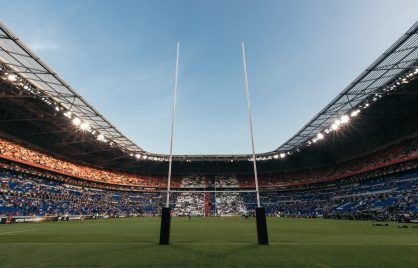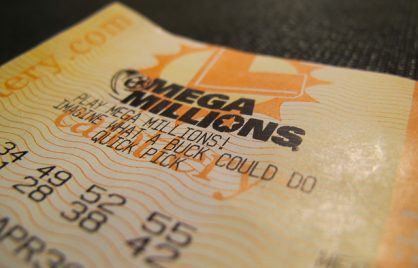How To Become An Expert Bluffer In Poker

Many players have said it, and many more agree with the statement that if you’re never bluffing in poker, you’re doing it wrong.
Regardless of your general strategy and how tight you like to play, you simply have to bluff every now and then. Your opponents need to know that you’re capable of it – otherwise, you’ll become too predictable and too easy to play against.
Some players hate bluffing and just don’t want to take the risk. They believe that “tight is right,” and you should only play your strong hands. This approach may be good in some very specific cases and certain super-soft games, but it won’t cut it in any serious lineup.
So, the question then becomes, how do you become good at bluffing?
Luckily, like everything else in poker, the fine art of bluffing is something you can learn.
While you shouldn’t expect to become the best bluffer overnight, reading through these tips and applying them in your games will certainly help you get better at it.
1. Detach Yourself From The Money
When you sit down to play poker, you shouldn’t be thinking in terms of real-world money. The chips you have in front of you are just big blinds, and you should see them as such.
It takes time to develop this mindset, but it will help you immensely to become better at bluffing.
When you’re thinking about pulling a bluff, you need to clear your mind of any such notions.
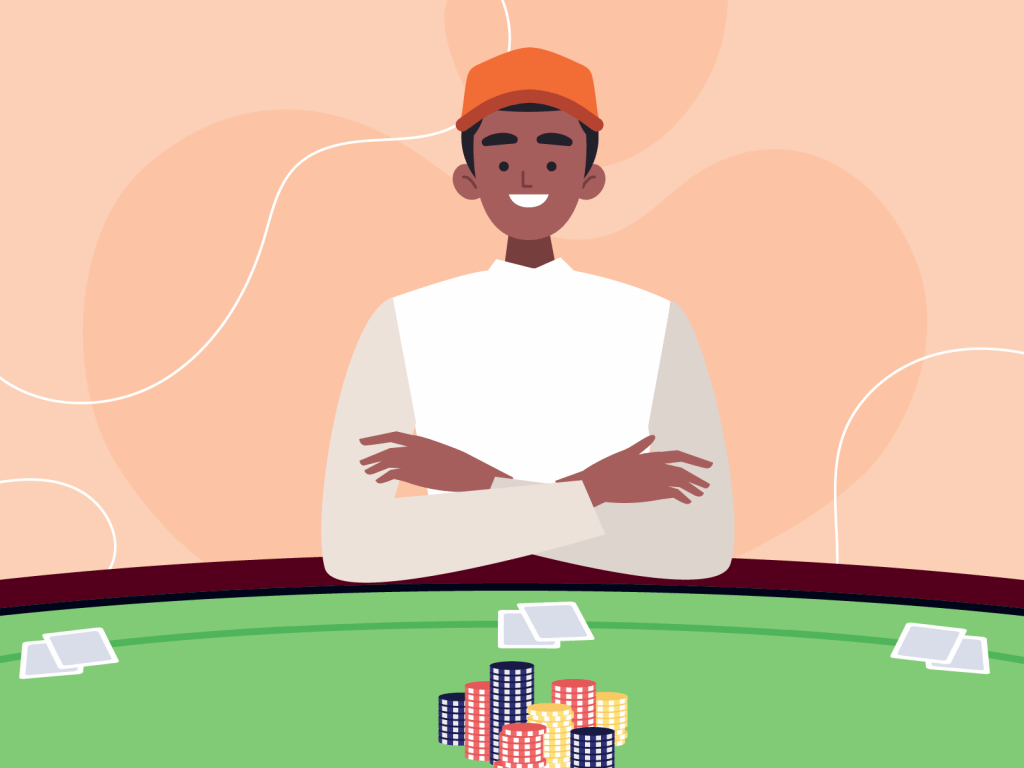
For example, in a $2/$5 game, betting $200 may seem like a lot of money. But, if you think in terms of it big blinds and you’re betting 40 BB to win 150 BB pot, it’s much easier.
I understand that this is easier said than done and it takes a lot of practice, but it’s really important.
You’ll never be able to pull good bluffs if you associate every bet with something you could buy with that money instead. It’ll make you hesitant to pull the trigger, and even if you do end up doing it, your opponents might pick up on the fact you’re doing it reluctantly.
The only time you should think about actual money is when you know this could be a factor for your opponent.
If you know that they think in terms of cash and are in the state of mind described above, this is something you can use to your advantage. These players are often prime targets for large bluffs as they just won’t call you and risk a lot of money with a non-nut hand.
2. Learn How To Tell A Story
If you really want to become an expert bluffer, you need to understand that your bluffs must make sense.
Being brave and not caring about money is all well and good, but any decent player will call you out when your story doesn’t add up.
So, before you decide to go for a bluff, think about what you’re trying to represent.
Weaker players don’t seem to have a good grasp of this concept.
For example, you open from UTG, they flat call in the big blind, and the flop comes A A K. They check, you bet, and then they raise you.
This story just doesn’t make sense.
You have a huge range advantage on this board, and they only have a few solid hands in their range that connect with that board and don’t 3-bet before the flop.
As a bluffing spot, this is one of the worst you could pick, and a good player will often call you on the flop even with air, just to take it away on the turn.
Make sure you know what kind of story you’re trying to tell first and foremost, think about whether it makes sense, and then proceed to the execution phase.
For example, you could check on a turn that completes a possible flush draw with the intention of raising your opponent’s bet.
That story is much more believable and will put your opponent in a tough spot, especially when you follow through with a bet on the river if they do call the turn.
Sometimes you’ll tell a perfect story and still get picked off. This doesn’t mean that you’re bad at bluffing. Some players just hate folding.
While your bluffs won’t work all the time, if you pick your spots carefully, you can add a lot of chips in your stack by pulling the trigger.
3. Control Your Body Language
This one is exclusively dedicated to live poker, but I just can’t leave this point aside.
Controlling your body language is easier said than done but definitely something you need to work on if you want to become an expert bluffer.
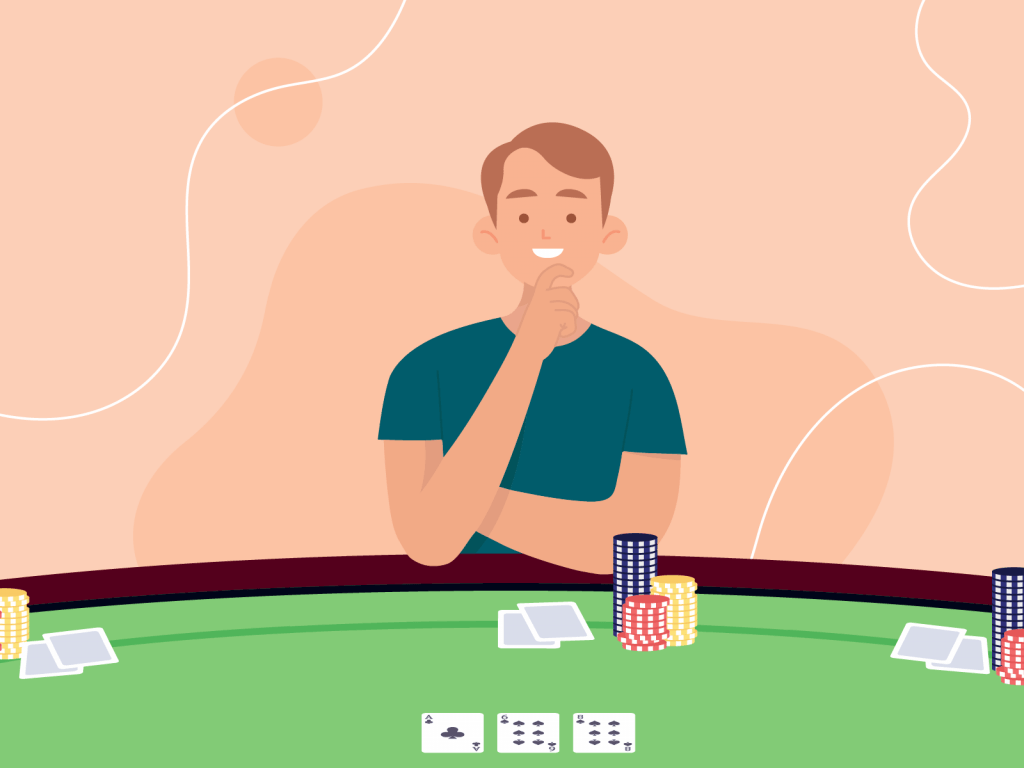
Physical tells play an important role in live poker, and if you have too many of these, experienced players are very likely to get a read on you.
But what if your hands are shaking or you start to breathe harder when you’re bluffing? What can you do about it? It’s not like you can really control these things.
First of all, you should be aware of your table presence and figure out if there are any changes that happen when you’re bluffing. When you get this part right, you can start working towards eliminating them or minimizing their effects.
One good way to go about it is to have a fixed posture when you’re involved in an important hand.
For example, keeping both hands together and close to your mouth will help hide many recognizable tells. It’ll be hard to see if your hands are shaking, and other players won’t have a clear view of your throat or your chest.
Of course, you have to do this when you’re not bluffing as well. Simply find a certain posture that you’re comfortable with and stick with it every time you get involved in a significant pot.
While this won’t get rid of all tells, it will certainly make it much more difficult for your opponents to pick off any solid reads.
4. Be Aware Of Your Table Image
Knowing how other players perceive you is quite important in general, but it’s essential for constructing your bluffing strategy.
I know players who bluff so rarely that they can pretty much get me off any hand that’s not the nuts. Then there are some players I’ll happily look up all the way till the river with a second pair and no kicker.
Image is everything.
If you want to be good at bluffing, you need to develop an image of someone who’s more than capable of bluffing but isn’t crazy loose. That way, you’ll always keep your opponents on the edge of their seats and guessing.
However, you can’t always plan for how a session will go down.
Maybe you’ll get several great bluffing opportunities in a row, and this might make some people think you bluff all the time. Or, you may have been card dead, so you appear as a rock who never gets involved with anything but nuts.
Try to see things from your opponents’ perspective and adjust your play accordingly.
If it feels like they might have you pegged as a crazy LAG, it might be a good time to step back a bit and pass on some bluffing opportunities.
You have to consider the fact that you’re much more likely to get looked up in this scenario, so the profitability of your bluffs will have decreased significantly.
5. Learn To Pick The Best Spots
When you’re thinking about bluffing, you need to have something going your way. Either the situation is favorable, or the player you’re facing is likely to fold to a bluff (ideally both, of course).
Learning how to pick your bluffing spots is one of the essential skills you’ll need to develop.
Unfortunately, there isn’t a simple guide to this.
Poker is such a fluid game that you can’t just have one strategy and stick to it no matter what.
In some games, you’ll have heaps of great bluffing spots. Sometimes, you’ll be pretty much forced to play it straight and bluff very rarely.
Some general tips on this topic include:
- Don’t bluff calling stations – they don’t fold enough.
- Avoid bluffing players who are tilting.
- Always be on the lookout for scare cards: over-cards, cards completing obvious draws, etc.
- Bluff more against shorter stacks – they don’t have enough chips to speculate.
- At the same time, avoid super-short stacks. They might be too committed.
As you can see, there’s a variety of factors you need to think about when picking your bluffing spots.
For example, scare cards are one of the best friends of every good bluffer, and they give you a lot of opportunities to continue your aggression and force your opponent to fold.
Of course, you will rarely be in a perfect scenario where you can tick all of these boxes, but making educated bluffs and considering these elements will help you a lot.
6. Avoid Bluffing In Multi-Way Pots
Some of the biggest and craziest bluffs that ever happened – happened in heads up pots. You’ll almost never see a seasoned player pulling a massive bluff against two, three, or more players.
And for good reason.
With multiple players involved in a hand, pulling off a successful bluff becomes increasingly difficult. There is just so much you need to figure out before you proceed, and the likelihood of someone having a good hand increases as well.
Of course, you can still take small stabs at a pot when no one has shown an interest – but don’t get too involved.
If you try and get called by two or more players, it’s time to throw in the towel.
There are so many better spots you can take advantage of that there is no need to waste your chips in unfavorable situations.
7. Toy With Different Bet Sizes
One of the things experts are really good at is toying with different sizes to throw their opponents off and confuse them.
For example, if someone’s expecting a normal bet of about half the pot but is instead faced with an oversized wager of 1.2x the pot, they’ll find themselves in unknown territory.
They’ve probably made plans for a normal bet, but now they have to rethink their strategy completely.
You also need to understand that your bluffs can’t look too weak or constructed in a way as to price in your opponents. Players who are bad at bluffing will frequently bet something like 15 percent of the pot on the river and then will complain about getting called with a weak hand.
You can get away with mixing in some small bets now and then, but do understand that these are simply much likelier to get called.
If you want to bluff, you can’t be afraid to commit chips. If you’d bet about half pot for value, you have to bet the same when you’re bluffing. Otherwise, you’re just making it too easy for any observant opponent.
That isn’t to say that you shouldn’t experiment a little.
In different lineups, different things could work quite well. So, it’s fine to test various bet sizes to see what happens as long as you are up against recreational players, who likely don’t know how to react to such changes.
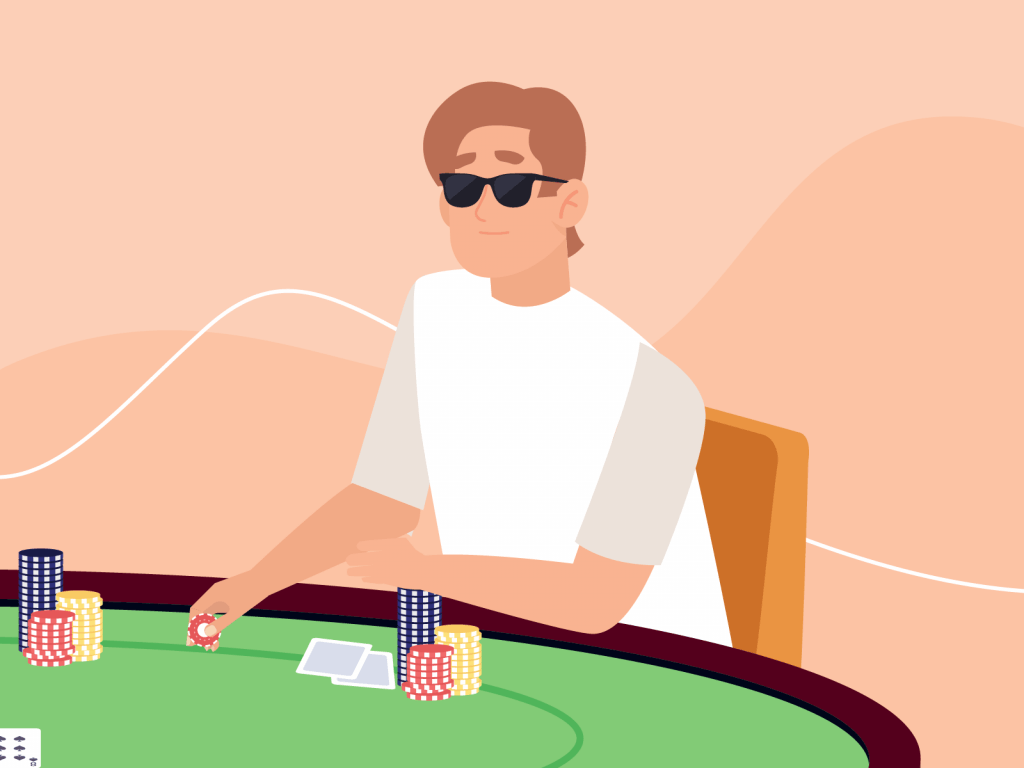
Let Your Journey To Becoming An Expert Bluffer Begin
If you’re new to poker and have aspirations of becoming a pro at bluffing – you should be very careful.
Big bluffs may look awesome on TV, but when it’s your money going across the table, it is an entirely different story.
I’d say that you should instead aspire to become an all-around good poker player, and bluffing should just be one part of your overall strategy.
The thing is, you don’t want to be known as the bluffer in your game. The only thing that title will bring you is that people will be looking you up lightly, forcing you to bleed your chips if you are actually bluffing too much.
The best bluffers are the ones you don’t think of as bluffers. These players are super hard to play against because you never know where you’re at with them.
So, if you want to become an expert bluffer, this is what you should aspire to.
Everyone can throw their stack away time and time again in a desperate attempt to win a pot. The best know exactly when to put their chips at risk and when to give up – and that’s what makes them the best.
Brush up on your knowledge even more with some light reading:
